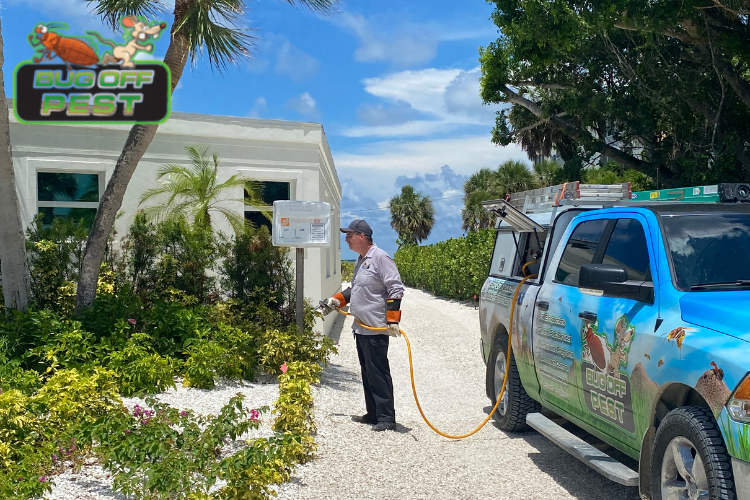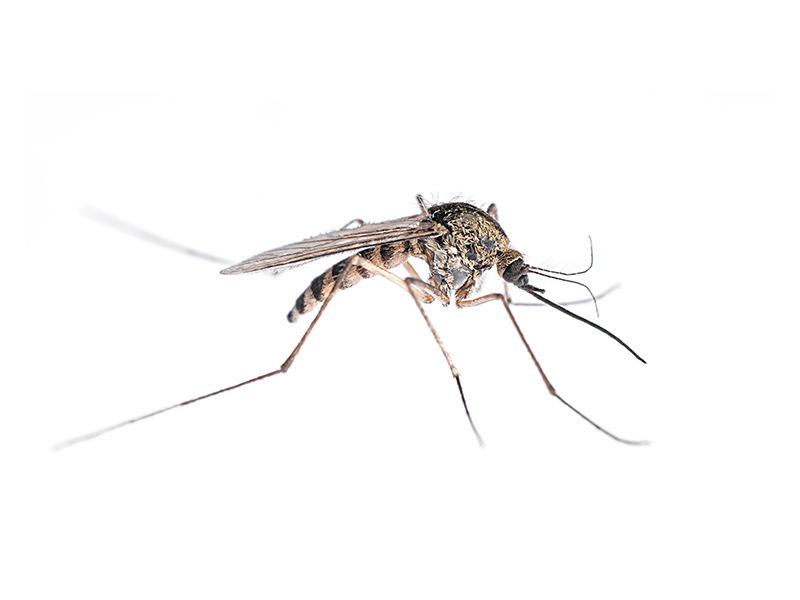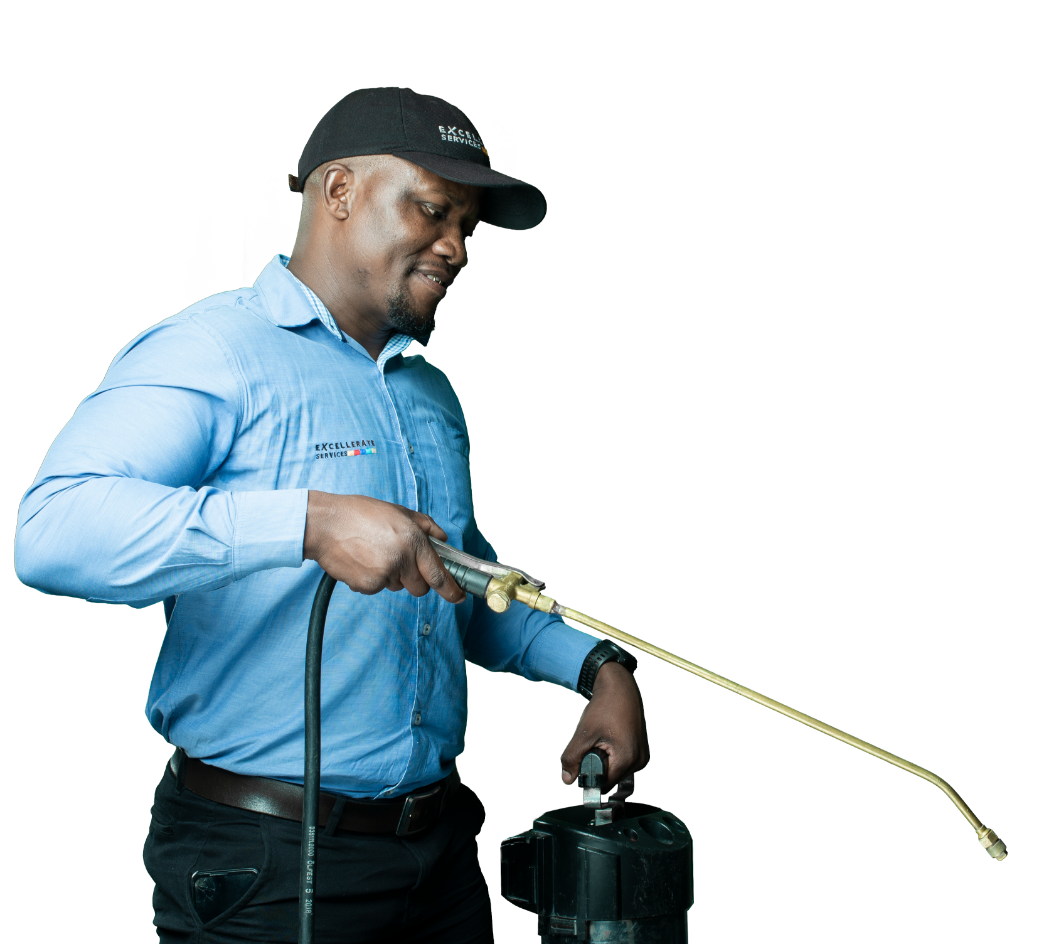Premium Pest Control in Port Charlotte for complete peace of mind.
Checking Out Cutting-edge Techniques and Products for Effective Insect Control
The landscape of insect control is progressing, marked by the introduction of cutting-edge techniques and items made to boost performance and sustainability. From clever catches outfitted with sophisticated monitoring systems to organic methods that employ all-natural killers, these developments offer a paradigm change in exactly how we come close to pest administration.
Smart Traps and Keeping An Eye On Equipments
How can contemporary technology improve insect administration? One significant improvement is the development of clever catches and checking systems, which supply real-time information and analytics for effective insect control. These systems use sensors and cordless technology to identify insect activity, alerting property supervisors and bug control specialists to problems before they rise.
Smart traps are outfitted with features such as bait terminals that attract pests and record them effectively. These catches can be monitored remotely, enabling prompt interventions and reducing the requirement for considerable chemical applications. Furthermore, the assimilation of artificial intelligence formulas enables these systems to differentiate in between target parasites and non-target varieties, improving the precision of parasite control measures.
Furthermore, the information gathered from smart catches can be examined to determine patterns in bug actions and environmental elements adding to infestations (Pest Control in Port Charlotte). This info is invaluable for developing targeted insect management strategies customized to details environments. By accepting clever catches and keeping track of systems, parasite control specialists can boost their functional effectiveness and reduce the ecological influence of bug administration, ultimately leading to much safer and much more lasting methods in the market
Organic Bug Control Approaches
Utilizing natural killers and bloodsuckers, biological bug control methods supply an eco pleasant choice to chemical therapies. This technique involves the introduction or enhancement of certain organisms that can normally control bug populations, therefore decreasing reliance on artificial pesticides. Usual examples include the use of ladybugs to manage aphid invasions and parasitical wasps to target caterpillars.

Organic control can be categorized into three major methods: classic, augmentative, and preservation. Classic organic control includes importing all-natural enemies from the bug's indigenous environment, while augmentative control entails raising the populace of existing all-natural adversaries via launches. Conservation strategies concentrate on producing problems that support these advantageous microorganisms in the community.
The performance of biological pest control pivots on understanding the intricate communications within communities. It usually calls for a detailed evaluation of bug dynamics and the life process of both the parasites and their natural adversaries. While biological techniques might not supply instant outcomes like chemical choices, they contribute to long-lasting bug management and environment health and wellness. As recognition of environmental issues grows, biological pest control approaches are increasingly recognized for their sustainable duty in incorporated insect monitoring programs.
Eco-Friendly Chemical Alternatives
Environmentally friendly chemical alternatives provide a sensible option for bug monitoring that lessens ecological impact while successfully managing insect populations. These choices are acquired from natural resources and are carefully created to target specific insects without damaging useful organisms, making them an essential element of sustainable pest control methods.
Amongst one of the most efficient environmentally friendly options are plant-based insecticides, such as neem oil and pyrethrin, which are originated from the seeds and flowers of different plants. These click for info compounds interfere with the life process of insects, lowering their populaces without the hazardous impacts connected with standard pesticides - Pest Control in Port Charlotte. Additionally, important oils like pepper mint and clove oil show repellent residential or commercial properties, further improving their utility in insect management

Additionally, environment-friendly chemical options usually damage down faster in the atmosphere, lowering the threat of soil and water contamination. This particular aligns with the increasing consumer demand for lasting techniques in farming and metropolitan insect control. As study remains to breakthrough, the advancement of ingenious environmentally friendly formulations will additionally enhance efficiency and widen application areas, enabling pest administration specialists to embrace greener, extra liable methods in their methods while safeguarding human wellness and the environment.
Scent Disturbance Methods
Another innovative approach in lasting bug monitoring is making use of pheromone disruption techniques. These techniques manipulate the natural chemical signals, or scents, that bugs use for interaction, especially in mating habits. By interrupting these signals, bug populations can be efficiently handled without resorting to unsafe chemicals.
Pheromone catches are typically utilized in this strategy. Over time, this can lead to a significant decrease in pest populations.

Integrated Bug Monitoring Approaches
Efficient bug control usually requires a detailed strategy, and Integrated Parasite Administration (IPM) approaches Continue offer a structure for accomplishing this objective. IPM incorporates different management practices to minimize pest populations while reducing dependence on chemical pesticides. This diverse strategy begins with comprehensive tracking and recognition of insects, permitting for targeted interventions based on particular insect stress.
Social methods, such as crop turning and sanitation, play a crucial function in preventing pest facility. Biological controls, consisting of natural killers and parasitoids, are employed to maintain parasite populations at workable levels. When essential, discerning chemical treatments are used, stressing lower toxicity to non-target species and the setting.
By employing this holistic method, IPM not only enhances parasite control performance but also adds to long-term environmental balance. Inevitably, Integrated Insect Monitoring stands for a forward-thinking option that lines up farming productivity with ecological stewardship, making it crucial in modern insect control approaches.

Final Thought
Finally, the integration of ingenious techniques and products for effective bug control stands for a significant innovation in lasting bug administration. Smart catches and keeping track of systems, organic parasite control approaches, environment-friendly chemical alternatives, and pheromone disruption techniques jointly enhance the efficiency of bug monitoring click to investigate approaches. By embracing these methods, the dependence on conventional pesticides can be lowered, promoting environmental wellness while making sure reliable parasite control. Continued study and development in these areas will certainly even more enhance insect administration techniques.